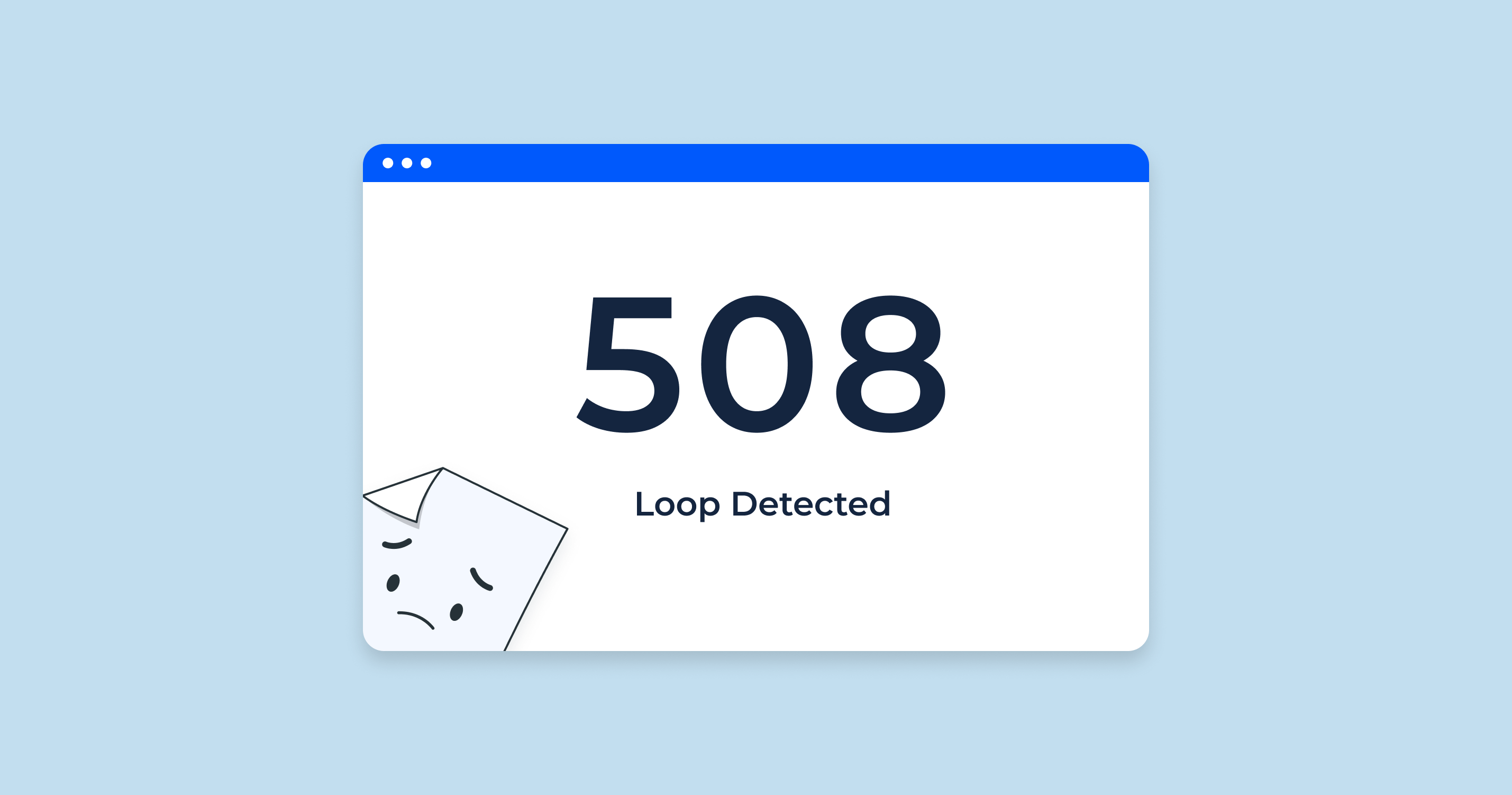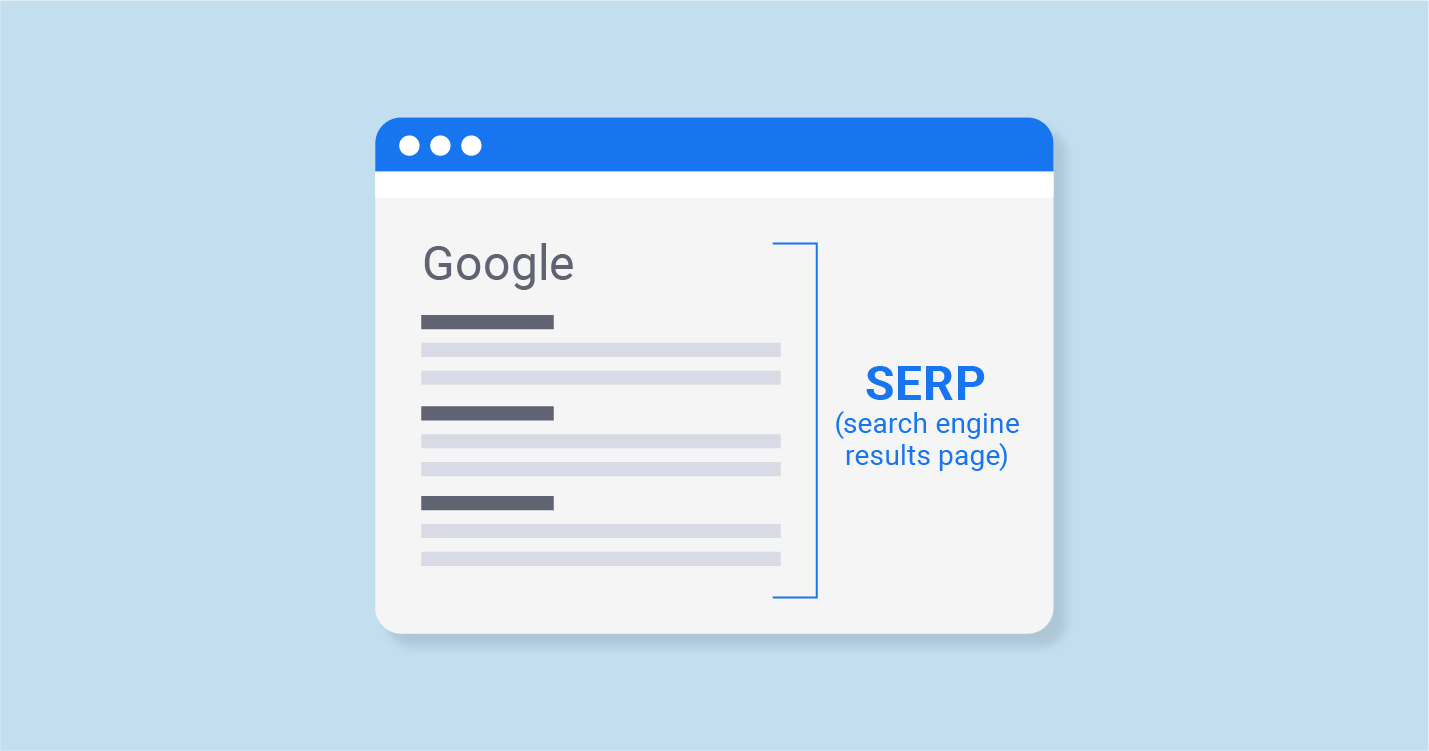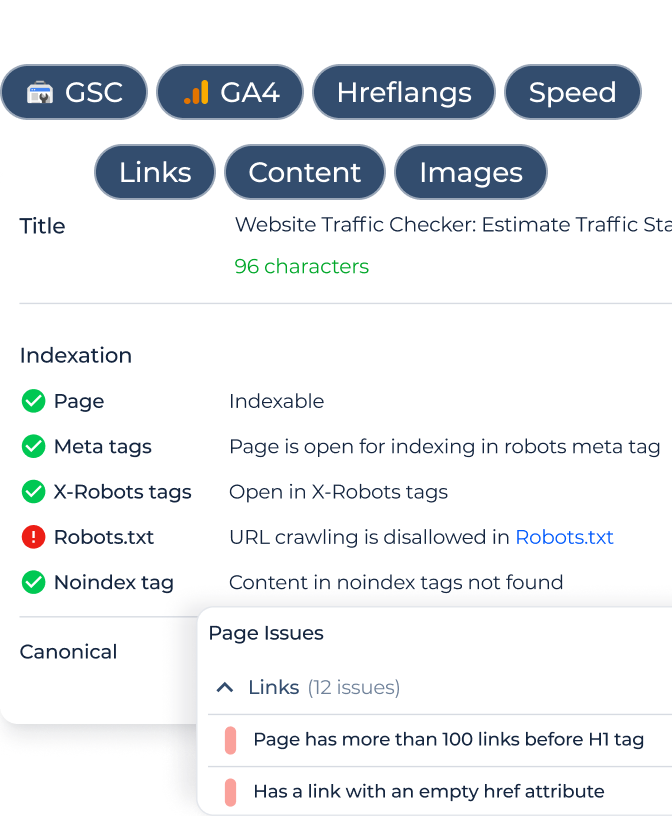What is an Event Schema Markup?
Event Schema Markup is a code (structured data) that you can add to your website’s HTML to provide search engines with more detailed information about the events listed on your site. This code helps search engines like Google understand the content of your page and display it in richer, more enticing ways within search results, often referred to as “rich snippets” or “rich results.”

What Does it Do?
When you incorporate Event Schema Markup into your webpage, you’re essentially giving search engines a clearer picture of what your content represents. For instance, instead of seeing just a block of text about an event, the search engine can decipher specific details like the event’s date, location, and ticketing information.
Why is it Important?
Imagine you’re hosting a music concert and want to promote it online. When users search for concerts near them or specific details about your concert, a regular search result might only display the event name and a brief description. However, with Event Schema Markup, the search result can display a rich snippet, which includes the concert’s date, venue, ticket prices, and more, right on the search results page. This provides users with immediate answers to their questions, making it more likely for them to click on your link.
SEO Benefits of Using Event Schema Markup
In today’s digital age, standing out in search results is crucial for attracting users to your website. Event Schema Markup is not just a tool for improving the visual appeal of your search results, but it brings a host of SEO benefits. Let’s delve into these advantages:
1. Rich Results
When you utilize Event Schema Markup, your events can be displayed as rich results in search engines. These are enhanced search listings that provide users with additional information about the event, such as date, location, and ticket availability, directly on the search results page.
Benefits of rich results:
- Attractiveness: The visual appeal of rich results, with their structured layout and sometimes even images, makes them stand out among standard search listings.
- Immediate Information: Users get key details without even clicking on the link, enhancing their search experience.
- Credibility: A rich result can give the impression that the website is authoritative and trustworthy, as it offers organized and direct information.
2. Click-through Rate (CTR) Increase
Enhanced visibility and immediate information provision can lead to a significant increase in CTR. Users are more inclined to click on a result that provides clear and concise details. Studies have shown that rich results can lead to a noticeable increase in CTR, which not only drives more traffic but also can improve the site’s ranking over time.
3. Traffic Boost
A direct consequence of increased CTR is a boost in website traffic. When users find the search listing appealing and informative, they’re more likely to visit the site. This not only increases the potential for higher event attendance or registration but also provides opportunities for users to explore other parts of the website, increasing overall site engagement.
4. Voice Search Optimization
With the rising popularity of voice-activated devices like Alexa, Google Home, and Siri, optimizing for voice search has become paramount. Event Schema Markup is particularly beneficial here. When users ask voice-activated devices about events, these devices rely heavily on structured data to provide accurate answers. By implementing Event Schema Markup:
- Your events become more accessible to voice search queries.
- You increase the chances of your event being the direct answer to a user’s voice search query.
- It ensures that voice-activated devices provide correct and detailed information about your event.
Google About the Event Schema Markup
On Twitter, John Mueller, a Google Search Liaison, has said the following about event schema markup:
- Event schema markup is a great way to help Google understand your event pages and display more informative search results. (October 2022)
- If you have an event page, I recommend using event schema markup. It’s a great way to help Google understand your event and display it in a more informative way in search results. (September 2022)
- Event schema markup is a great way to help Google understand your event and display it in a more informative way in search results. This can help you attract more visitors to your event. (August 2022)
- Event schema markup is a great way to help Google understand your event and display it in a more informative way in search results. This can help you attract more visitors to your event and improve your SEO. (July 2022)
- Event schema markup is a great way to help Google understand your event and display it in a more informative way in search results. This can help you attract more visitors to your event and improve your SEO. (June 2022)
Overall, John Mueller has been very positive about event schema markup and recommends using it on event pages. He believes that it can help Google understand events better and display them in a more informative way in search results, which can lead to more visitors and improved SEO.
Here is a video, where you can learn about how to use the Data Highlighter feature in Webmaster Tools:
How to be Eligible for Event Rich Results and Get Your Events to Show up on Google
Ensuring that your events stand out in search results and are eligible for rich results is a blend of adhering to Google’s guidelines and leveraging Event Schema Markup. Here’s a comprehensive guide to ensuring your events shine in the search results:
1. Understanding Rich Results
First and foremost, rich results are an advanced form of search results displayed on Google. They offer a more interactive and enhanced view, drawing on structured data embedded in the site. For events, rich results can display information like event date, venue, and ticket availability directly on the search results page.
2. Implementing Event Schema Markup
To be eligible for these rich results, you’ll need to integrate Event Schema Markup into your website’s HTML. Here’s how:
- Choose the Format: Google supports several structured data formats, but the most commonly used is JSON-LD.
- Insert the Required Fields: At a minimum, ensure you include event name, start date, and location. However, for better results, also consider adding details like end date, description, image, and ticketing information.
- Stay Updated: Google’s guidelines and requirements for structured data can evolve. Ensure you stay updated with any changes to maintain eligibility for rich results.
3. Avoid Common Pitfalls
Google has stringent guidelines to ensure users get accurate and valuable information. Here are some pitfalls to avoid:
- Accuracy: Ensure all details about the event, especially date, time, and venue, are accurate. Misleading information can lead to penalties.
- No Markup for Irrelevant Content: Only use event markup for genuine events. Avoid using it for promotions or products that aren’t event-related.
- Avoid Overloading: While it’s tempting to add every detail, ensure the information is relevant to the user’s search intent. Overloading can lead to confusing rich results.
4. Regularly Test Your Markup
Google offers the Rich Results Test tool, which allows you to check your markup and ensure it’s working correctly. This tool can help identify any issues or areas of improvement, ensuring your events are displayed optimally.
5. Promote User Engagement
Google considers user behavior as a ranking factor. Ensure your event pages are not only informative but also user-friendly. This includes responsive design, clear calls to action, and high-quality content that keeps users engaged.
Event Schema Properties
Event Schema Markup provides a standardized way for search engines to understand and display event information. To utilize this markup effectively, it’s essential to understand its properties, which can be divided into two categories: required and optional.
Required
These are the properties that must be included in your markup for it to be recognized and processed by search engines:
- Name: The name of the event.
- StartDate: The start date and time of the event. It’s essential to use the ISO 8601 format (e.g., “2023-11-01T19:00:00-05:00”).
-
Location: Details about the venue of the event. This should include:
- @type: “Place”
- name: Name of the venue.
- address: A detailed address which should have properties like streetAddress, postalCode, addressLocality, and addressRegion.
Note: While these are the absolute minimum required properties, just having them doesn’t guarantee that rich results will be displayed. They only ensure that your markup is valid.
Optional
Optional properties, while not mandatory, can significantly enhance the information richness of your event listing in search results:
- EndDate: The end date and time of the event, also in ISO 8601 format.
- Description: A brief description or summary of the event.
- Image: A URL pointing to an image representing the event.
- PriceRange: The range of ticket prices for the event, e.g., “$50-$100”.
- EventStatus: Current status of the event, such as “EventScheduled”, “EventCancelled”, or “EventPostponed”.
- EventAttendanceMode: Specifies whether the event is “OfflineEventAttendanceMode”, “OnlineEventAttendanceMode”, or “MixedEventAttendanceMode” (both online and offline).
- Offers: Details about ticket availability, pricing, and purchasing information. This can include properties like url (link to buy tickets), price, currency, and validity.
- Organizer: Information about the event organizer, which can have properties like name, url (website of the organizer), and contact point (e.g., phone number or email).
Incorporating both required and optional properties in your Event Schema Markup can dramatically enhance the visibility and informativeness of your event in search results, improving user experience and potentially driving more traffic to your event page.
How to Add Event Schema Markup Yourself
Adding Event Schema Markup to your website might seem technical, but with the right guidance, even those with minimal coding experience can do it. Here’s a step-by-step guide to help you integrate this structured data into your site:
1. Choose the Right Format
The most common and recommended format for structured data is JSON-LD. It’s a lightweight format that can be easily integrated into the HTML of your web page.
2. Craft the Markup
Based on the event details, craft your markup. Here’s a basic template for an event:
<script type="application/ld+json">
{
"@context": "http://schema.org",
"@type": "Event",
"name": "Event Name",
"startDate": "YYYY-MM-DDTHH:MM:SSZ",
"location": {
"@type": "Place",
"name": "Venue Name",
"address": {
"@type": "PostalAddress",
"streetAddress": "Street Address",
"addressLocality": "City",
"addressRegion": "State",
"postalCode": "Postal Code",
"addressCountry": "Country"
}
},
"description": "Short Description of the Event",
"image": ["Link to Image"]
}
</script>Testing Your Event Schema Markup
Once you’ve integrated Event Schema Markup into your website, it’s essential to ensure that it’s correctly implemented and free from errors. Proper testing guarantees your event details are interpreted and displayed correctly in search results, maximizing the benefits of the structured data. Below, we delve into tools, methods, and best practices for testing your Event Schema Markup.
1. Tools for Testing
Sitechecker’s Schema Markup Checker
The Schema Markup Checker by SiteChecker is an essential tool for webmasters looking to elevate their SEO game. Simplifying the intricate world of structured data, it offers an intuitive platform to ensure your schema markups are seamlessly integrated, enhancing your website’s potential for richer search results. Additionally, beyond mere validation, this tool stands out by providing insightful error reports when discrepancies arise, making troubleshooting a breeze. Its adaptability across various schema types further solidifies its status as a versatile asset for any digital toolkit.
Boost Your SEO with Perfect Schema Markup!
Ensure your schema markup is top-notch with our Schema Markup Checker.
Google’s Rich Results Test
- Usage: This is the official tool by Google that allows you to validate your markup and see if your page is eligible for rich results.
- How to Use: Simply paste the URL of your page or the code directly into the tool. It will identify and highlight any errors or warnings in your markup.
- Link: Rich Results Test
Schema Markup Validator
- Usage: Developed as a successor to Google’s Structured Data Testing Tool, this tool provides comprehensive feedback on your markup.
- How to Use: Enter your webpage URL or paste the code. The tool will validate the structured data against the latest schema.org specifications.
- Link: Schema Markup Validator
2. Methods for Effective Testing
Test Early and Often
Whenever you make changes to your markup or add new events, re-test your markup to ensure it’s error-free.
Use Multiple Tools
Different tools might catch different issues. Using both the Rich Results Test and Schema Markup Validator ensures a more thorough examination.
Check Visual Representations
Some tools, like the Rich Results Test, provide a visual preview of how the markup might appear in search results. This can give you a tangible sense of what users will see.
3. Best Practices for Reliable Testing
Clear All Cache
Before testing, especially if using a URL-based method, ensure you’ve cleared the cache. This ensures you’re testing the most recent version of your page.
Stay Updated with Guidelines
Search engines, especially Google, frequently update their guidelines. Regularly check for updates to ensure your markup adheres to the latest standards.
Address Warnings
While errors are critical and will likely hinder your markup from being recognized, warnings are also essential to address. They might not break the functionality but can prevent some information from being displayed.
Maintain Markup Consistency
If you’re running a series of events or have multiple event pages, ensure consistency in your markup structure. It makes troubleshooting easier and ensures uniformity in how search engines interpret your events.
Seek Community Feedback
Platforms like Stack Overflow or Google’s Webmaster Forum can be valuable resources. If you’re facing persistent issues or are unsure about some aspects of your markup, the community can offer feedback and solutions.
Sample Event Structured Data Markup
Incorporating Event Schema Markup into your website helps improve your event’s visibility in search engine results. To provide clarity on what a well-crafted markup looks like, let’s delve into a real-world example of an event, “The 2023 B2B Superpowers Summit.”
Sample Event Markup for ‘The 2023 B2B Superpowers Summit’:
<script type="application/ld+json">
{
"@context": "http://schema.org",
"@type": "Event",
"name": "The 2023 B2B Superpowers Summit",
"startDate": "2023-06-15T09:00:00Z",
"endDate": "2023-06-17T17:00:00Z",
"location": {
"@type": "Place",
"name": "Metropolitan Convention Center",
"address": {
"@type": "PostalAddress",
"streetAddress": "123 Main St",
"addressLocality": "Big City",
"addressRegion": "StateName",
"postalCode": "12345",
"addressCountry": "CountryName"
}
},
"description": "Join industry leaders and pioneers in exploring the latest trends in B2B marketing at the 2023 Superpowers Summit.",
"image": ["https://example.com/path/to/image.jpg"],
"eventAttendanceMode": "OfflineEventAttendanceMode",
"organizer": {
"@type": "Organization",
"name": "B2B Superpowers Group",
"url": "https://b2bsuperpowers.com/"
},
"offers": {
"@type": "Offer",
"url": "https://b2bsuperpowers.com/tickets",
"price": "499.99",
"priceCurrency": "USD",
"availability": "http://schema.org/InStock",
"validFrom": "2023-01-01T09:00:00Z"
}
}
</script>This example details a B2B event scheduled for June 2023. Notice how the structured data provides a comprehensive overview of the event, from its timings and venue to ticketing details.
Conclusion
Event Schema Markup is a potent tool in the digital marketer’s arsenal, offering enhanced visibility and comprehension for event listings in search results. When accurately implemented, this structured data bridges the gap between content creators and search engines, providing potential attendees with clear, concise information. By incorporating analytics and digital marketing insights, as demonstrated with resources like the “B2B Superpowers Index” and the “Utilizing Email To Stop Fraud” case study, businesses can offer a holistic view of their events, driving increased engagement and participation. As the digital landscape continually evolves, leveraging such tools and strategies becomes paramount for success in the crowded online space.









